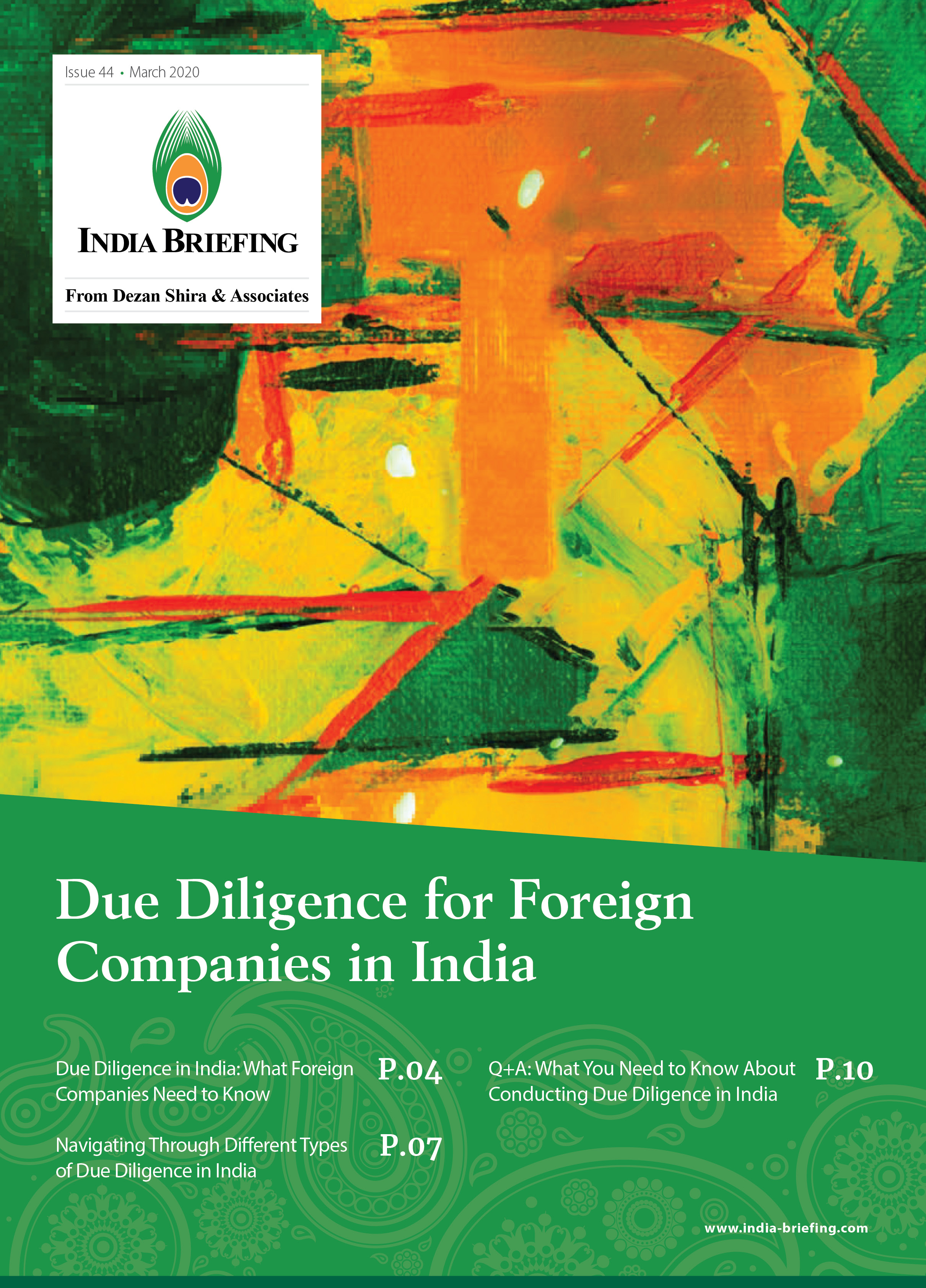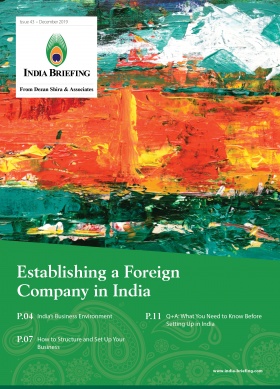Post COVID-19: Export Manufacturing Opportunities for Foreign Firms in India’s SEZs
The Indian Economy and Production Capability Recovery in 2020 / 2021
The Asian Development Bank (ADB) released a report this month on the predicted state of the economies in Asia during and after the COVID-19 outbreak. The Bank’s five largest stakeholders are the US (15.6 percent), Japan (15.6 percent), China (6.4 percent), India (6.3 percent), and Australia (5.8 percent).
In this article, we have extrapolated the data for India from the report, and provided an insight to the economic impact of the pandemic on the country as well as explain the manufacturing opportunities for foreign firms in India’s special economic zones (SEZs).
According to the ADB, “Growth in India will understandably remain subdued in 2020 after a disappointing 2019. India suffered a sharp slowdown last year, from 6.1% in fiscal 2018 to 5.0%, as a credit crunch that originated in the non-banking financial sector severely hampered bank lending. COVID-19 has not yet spread extensively in India, but measures to contain the virus and a weaker global environment will whip up headwinds, offsetting support from corporate and personal income tax cuts as well as financial sector reforms which are meant to revive credit flows. GDP growth in India is forecast to slow further to 4.0% this year before strengthening to 6.2% in fiscal 2021.”
Although the immediate figures are not great, the COVID-19 pandemic may be good news for Indian competitiveness and capital inflows as long as the government can match mid-2020 recovery by providing incentives for foreign investors.
ADB is far less optimistic for the chances of an immediate rebound from COVID-19 in the West, with growth stagnating or contracting in the major industrial economies of the US and Europe. Ratings agency, such as Fitch, also take a similar view. These economies are taking a distinct hit and post COVID-19 will emerge with bankruptcies, little available investment capital, and high unemployment rate.
Therefore, companies will need to look for cheaper alternatives to produce much-needed manufacturing products in order to stimulate consumer demand in the affected countries. The production requirement could be partially met by India as incentives are available to allow fast tracking of manufacturing businesses in SEZs and free trade zones.
India’s SEZs typically offer competitive infrastructure, duty free exports, tax incentives, and other incentives designed to make it easier to conduct business. SEZs in India are a popular investment destination for many multinationals, particularly exporters.
Incentives for setting up in an Indian SEZ
- Duty free import and domestic procurement of goods for the development, operation, and maintenance of your company;
- Exemption from the Goods and Services Tax (GST) and levies imposed by state government (supplies to SEZs are zero rated under the IGST Act, 2017, meaning they are not taxed);
- Single window clearances for all state and federal government approvals;
- Exemption in electricity duty and tax on sale of electricity by certain states in India;
- Presence of customs officer in the SEZs to facilitate and expedite the trade processes;
- A unit in an SEZ is permitted to procure imported goods from a customs bonded warehouse situated in the domestic tariff area, without payment of customs duty, provided such goods are procured with the intention of re-export; and
- Some states also offer land to SEZ developers at concessional rates to promote industries in accordance with the state’s prevailing Industrial Policy.
India also provides free trade and warehousing zones (FTWZ), a special category of SEZs that focuses on trade and warehousing activities. It is deemed a foreign territory within India for the purpose of tariff and trade. The zone can be utilized for duty free import of all goods, barring prohibited items, for warehousing and then substantially for re-selling/re-invoicing or re-exporting.
The benefits of the SEZ policy is one of the reasons why there is an increase in the number of foreign firms operating in India.
Given the COVID-19 situation, global manufacturers should re-evaluate their manufacturing investments at this time. Contact Dezan Shira & Associates for India comparison requests and evaluations at india@dezshira.com.
Related Reading
- Branch Offices in India: How to Set Up
- LLPs in India: How to Set Up
Due Diligence for Foreign Companies in India In this issue of India Briefing, we provide information on conducting due diligence in India. We first focus on what is due diligence, and why foreign companies should engage in this process before investing in India. Next, we discuss different types of due diligence and explain their requirements and importance. Lastly, we answer some frequently asked questions.
India Briefing is produced by Dezan Shira & Associates. The firm assists foreign investors throughout Asia from offices across the world, including in Delhi and Mumbai. Readers may write to india@dezshira.com for business support in India.
- Previous Article Due Diligence for Foreign Companies in India – New Issue of India Briefing Magazine Out Now
- Next Article Why Businesses in India are Building Local Supply Chain Capacity








